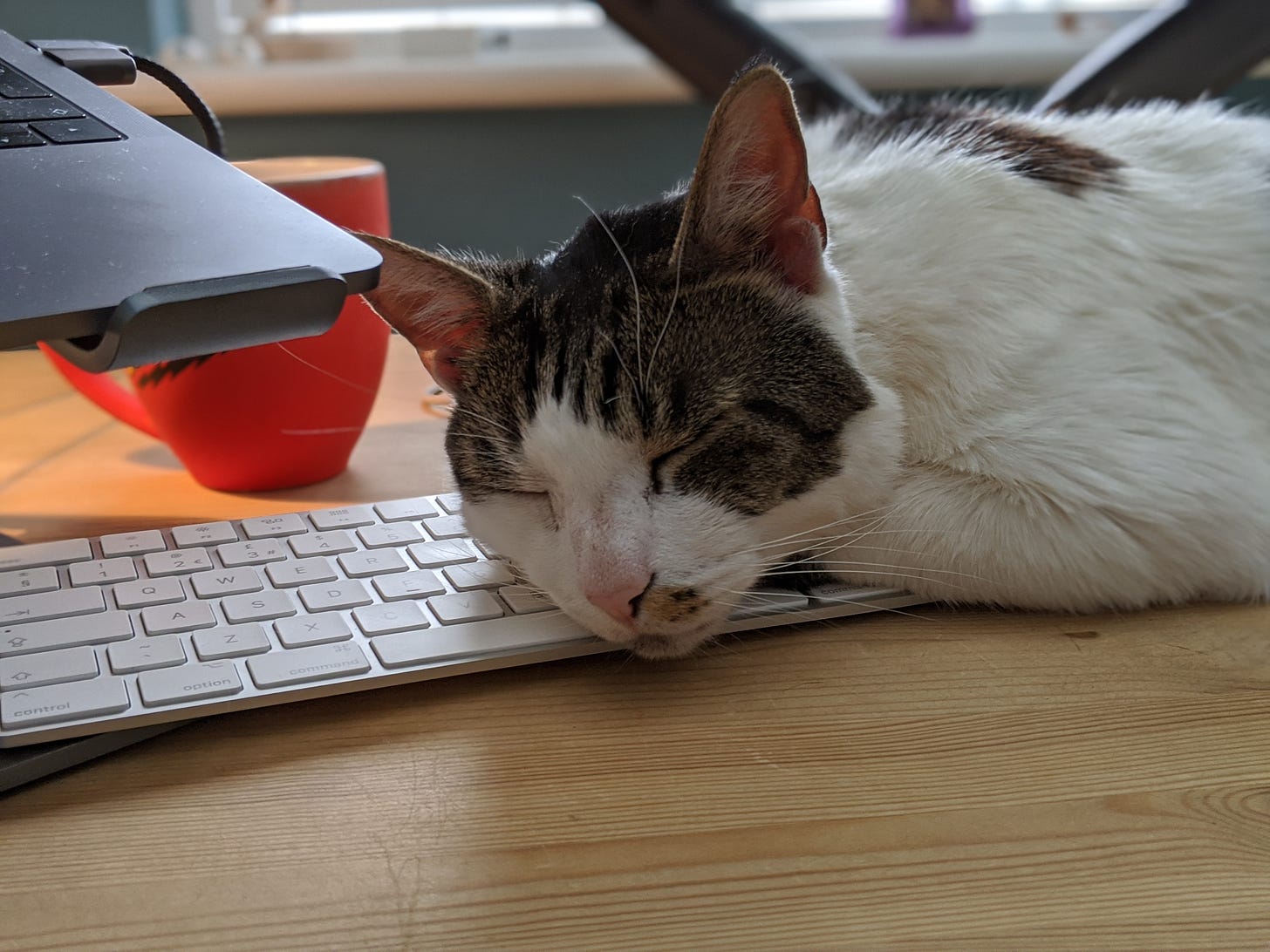We spend a lot of time talking about the future of the web - and most of the time, it’s about speed. Faster load times. Faster transactions. Faster ways to squeeze a few more minutes from our overstretched lives. Speed has become the drumbeat behind every new tool, every keynote, every project launch.
Speed equals progress. Right?
Except... I’m not sure that's the future we actually need. Or even really want.
When I think about the web I want my daughter to grow up with, I don't picture her racing through websites that anticipate her every click and decision before she's had time to think. I picture her having time to think. To read. To wander a little. To get lost, in a good way. To feel safe enough to be curious.
Maybe even - and it sounds almost radical to say it out loud - to feel seen as a human being rather than a datapoint.
Because here's the uncomfortable truth: faster often means more extractive. More frantic. Less space for care, for accessibility, for those slower, quieter needs that don't tend to fit into quarterly KPIs. It's not just that we move quickly - it's that we stop noticing who gets left behind.
Somewhere along the way, "progress" became synonymous with shaving milliseconds off page loads and automating human moments out of existence. Signing up. Checking out. Logging in. Logging out. Faster, faster, faster.
But what are we actually rushing towards? And who benefits from that speed? It's not always the users. It’s not always us.
When we optimise everything for velocity, we risk building digital spaces that are technically impressive but emotionally empty. Efficient but joyless. Imposing, even. Spaces that demand our attention without earning it, that push us to react before we've had a chance to feel.
And it’s not sustainable, either. The relentless pursuit of speed feeds bigger, hungrier systems - ones that consume more data, more energy, more of our mental bandwidth. It asks us to be constantly available, constantly adaptable, constantly "on."
The future I want to help build is one where kindness is baked in, not bolted on as a reluctant accessibility statement or a post-hoc ethical review.
Websites and services that are thoughtful as much as they are efficient. Where friction isn’t always seen as a flaw, but sometimes as a deliberate invitation to pause. To reflect. To properly engage.
Not slower for the sake of it - but slower where it matters.
Where a service takes an extra beat to explain itself clearly, rather than railroading you through assumptions. Where content is designed for understanding, not just for SEO. Where the humans behind the technology actually acknowledge the humans using it.
Because technology doesn't have to be a race. It can be a conversation. It can be a craft. It can be a community.
Maybe the real next frontier isn't a faster web at all. Perhaps it's a kinder one.
Written by Stu Collett – web veteran & recovering perfectionist.
Enjoying The Byte Stuff? You can subscribe for free to get future posts by email – no spam, no pressure, just occasional digital reflections.


